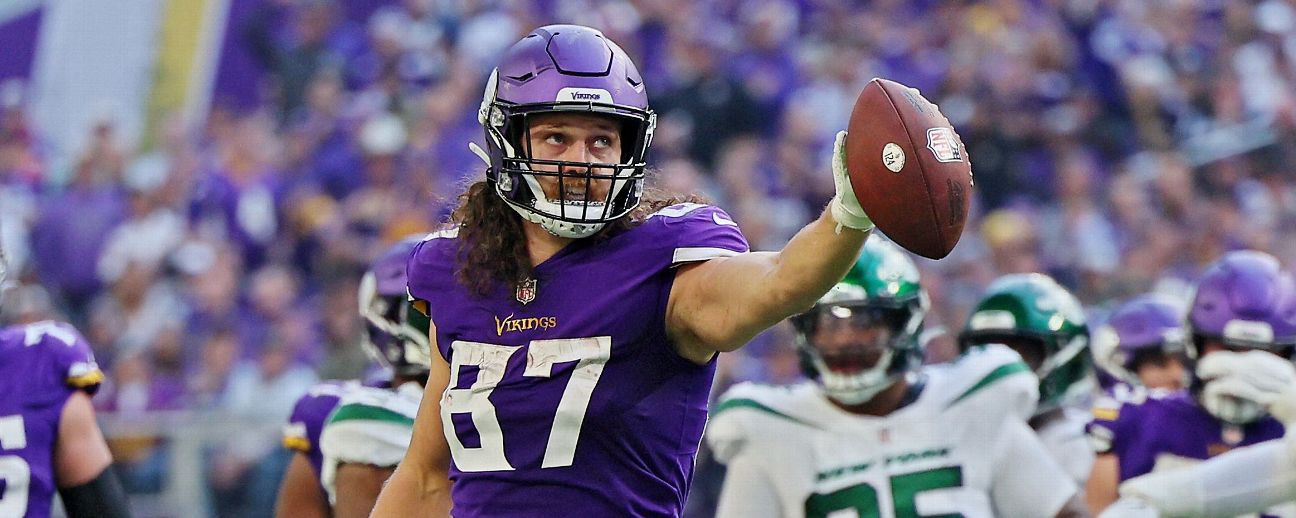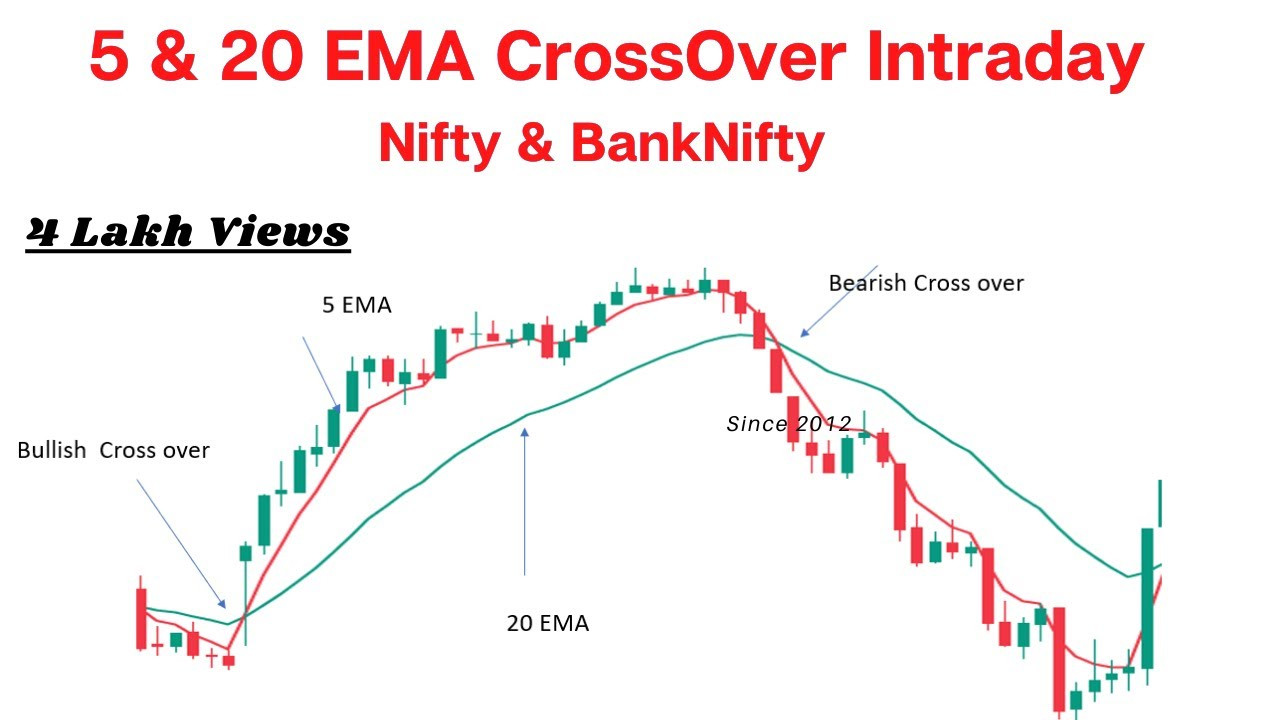Salary Cap Drafts require a detailed and nuanced plan of attack. Here's a blueprint for how to do it.
Succeeding in a salary cap draft takes more preparation than a normal serpentine draft. You need to be able to approximate what the prices will look like, figure out your own strategy for attacking the draft, divide up your cap dollars among the positions according to their importance, and then map out what you think a blueprint for success looks like.
For this salary cap draft blueprint, we will assume the following conditions:
In a salary cap draft, it is not as simple as showing up and trying to buy cheap players or buying three guys for $50 and then buying a bunch of $4 players. There is a lot of nuance in a salary cap draft, and it requires advanced planning about how you want to spend your money and who you want to spend it on. Here is a blueprint for how to do that this year.
Prioritize Pass Catchers
The trend in the fantasy community continues to push toward spending more on wide receivers than ever before, especially in a salary cap draft. Combine this with a growing echelon of quality tight ends, and you will have more salary cap draft dollars going toward pass-catchers than ever before. The question then becomes: Should you fall in line with this idea, or is it more profitable to attack the running back position against the consensus?
It's always a good idea to analyze your process every year before your salary cap draft and determine whether you need a change. But, for this year, in most leagues, it still looks like the optimal way going forward is to go with the flow of managers seeking pass-catchers in their salary cap draft. Leaving your draft with multiple high-value players at wide receiver is still the best way to attack roster construction. It's not the only way, but it still grades out as optimal.
Don't Be Afraid to Experiment
There are no one-size-fits-all strategies in a salary cap draft. For example, in a standard league with no points for receptions, it is smarter to go for runners with goal-line roles than second-tier wide receivers. That's just one example, but in general, don't forget that attacking a salary cap draft can be done successfully in many different ways. Find which one makes you comfortable. For purposes of this blueprint, however, you should dial in how to land three to five strong receivers and then construct your team around them.
Utilize Values and Tiers
It's smart to look back at my Salary Cap Draft Mastery series for the finer points of preparing your attack. Building your player lists with values and tiers is the most critical thing you can do to begin formulating what you think are reasonable prices for the different slots on your team. You can also rely on the values that Footballguys has right here to see what range of pricing you can expect in your leagues. These values aren't necessarily supposed to predict exactly what players will end up going for in your own salary cap draft but rather serve as a guide for what you should be paying for the value that player is expected to produce.
The Blueprint: A 3-5 WR Core
In recent years, I have found it profitable to follow the following salary cap draft strategy:
- Land 3-5 Elite Wide Receivers: Prioritize landing the top tier of wide receivers with a high ADP. Aim for those who are likely to be targeted often and have a high ceiling.
- Prioritize a QB with Rushing Upside: Focus on a quarterback with rushing potential to maximize points and value. Look for a quarterback with a high projected rushing volume and a solid passing skill set.
- Pick Up a Mid-Tier RB: Snag a mid-tier running back who can provide stability and touches. Target players with a relatively high number of touches and a secure role in their backfield.
- Secure a Top Tight End: Invest in a tight end with a high ADP and a strong track record of receiving production. Find a tight end that has a clear path to consistent targets and a high ceiling.
- Fill the Gaps with Value: Use the rest of your budget to acquire high-value players at other positions, such as running backs, tight ends, and flex players. Focus on finding value in the later rounds and finding players who have a path to breakout potential.
Sample Team for a 12-Team League
Based on these ideas, here is what a possible team could look like for your 16-man roster in a 12-team league. If you land a player for cheaper than you had allocated, don't be afraid to overpay at another position, using that extra money to improve elsewhere. Value is only important insofar as it helps further your strategy. Don't get caught up trying to score a deal on every player. If you pay more than a player is worth but land an impact player within the framework of your strategy, it does not matter what the raw dollar value is. You can't take the money with you, so keep track of where you are relative to what you want to spend. Here is my favorite strategy and the team you can try and land from it. Continue reading below to find out how to execute it.
Starting Lineup
- QB: Kyler Murray
- RB: D'Andre Swift
- RB: Bijan Robinson
- WR: Cooper Kupp
- WR: Ja'Marr Chase
- WR: Amon-Ra St. Brown
- TE: Travis Kelce
- Flex: Justin Jefferson
Bench
- QB: Jayden Daniels
- RB: Isiah Pacheco
- WR: DK Metcalf
- WR: Tyler Lockett
- TE: Dalton Kincaid
- Flex: Christian Watson
Don't Waste Money on High-Priced QBs
It's fun to try and grab the top players at the position, like Josh Allen, Jalen Hurts, or even Patrick Mahomes II with Kansas City's retooled pass-catching corps. But that approach takes money away from our core salary cap draft idea of pushing money to wide receivers, and it does so to little effect. You can approximate the value of the top echelon of signal-callers by chasing rushing quarterbacks from the tier below.
Targeting Kyler Murray
Your chief target for this approach should be Kyler Murray. Murray returned last year in Week 10 from his ACL injury the prior year and immediately started producing top-tier fantasy results. He averaged 30.5 rushing yards per game even while recovering from a knee injury, which included 7 out of 8 games over 20 yards. He even popped in three rushing touchdowns in those eight games. With another 10 months of recovery and the addition of Marvin Harrison Jr. to catch the ball, it's easy to chase the Cardinals' field general for your strategy.
Alternate QB Strategy: Pair a Cheap Veteran with Jayden Daniels
If Murray goes for too much money (he is steaming up draft boards as you read this), pivot to the rookie from Washington and pair him with another cheap veteran pocket passer. Jayden Daniels will run a lot of plays in Kliff Kingsbury's offense and has the rushing floor to help his production each week. You can land him for around $6, then pair him with someone who mitigates the risk if Daniels busts. Trevor Lawrence is cheap and once again had a nice rushing floor of around 300 rushing yards and 4 rushing scores, Jared Goff is dynamite at home, Tua Tagovailoa led the league in passing yards last year, and Brock Purdy eclipsed 30 touchdown passes. All these guys are $3 or less in your salary cap draft. Pairing Daniels with one of them should be fairly easy to do for $10 or less.
Conclusion: Implement the Blueprint for Success
By following this blueprint, you'll be well on your way to building a dominant team in your salary cap draft. Remember, the key is to be prepared, analyze the value of players, and focus on landing a strong core of wide receivers. Good luck with your draft, and may the best fantasy general manager win!

















